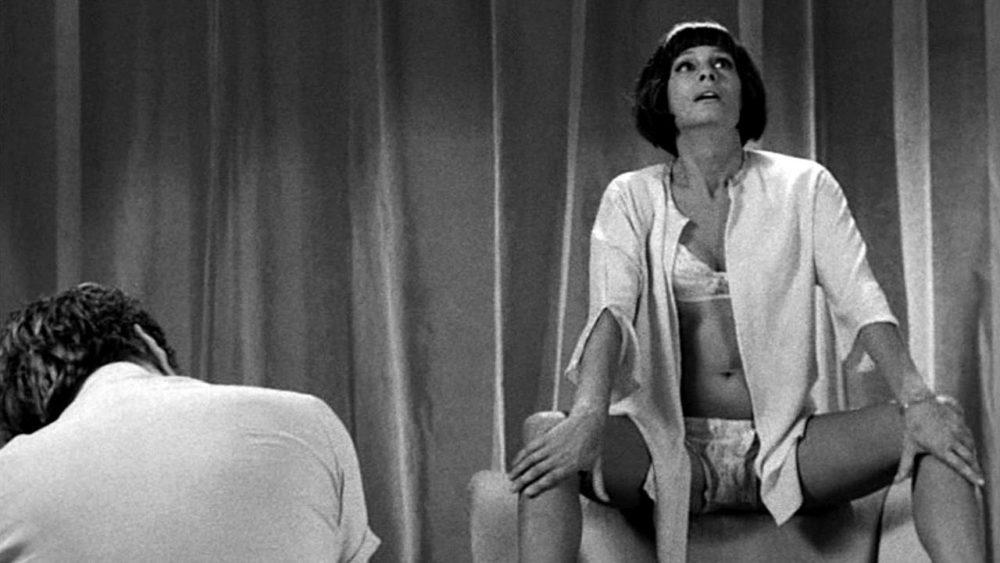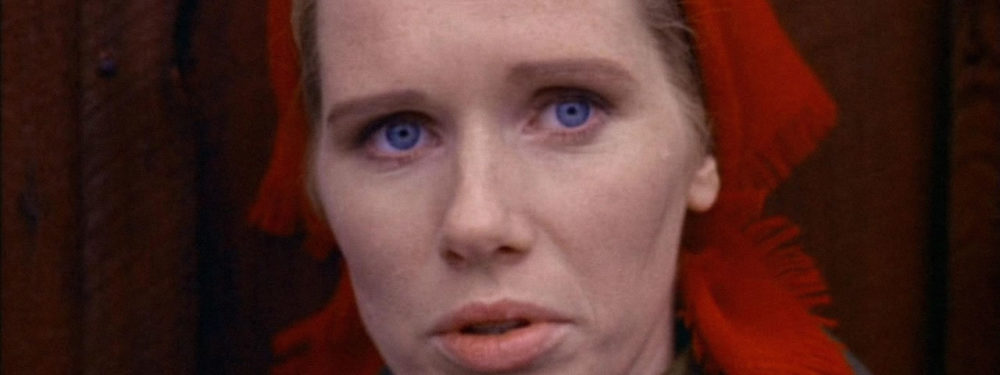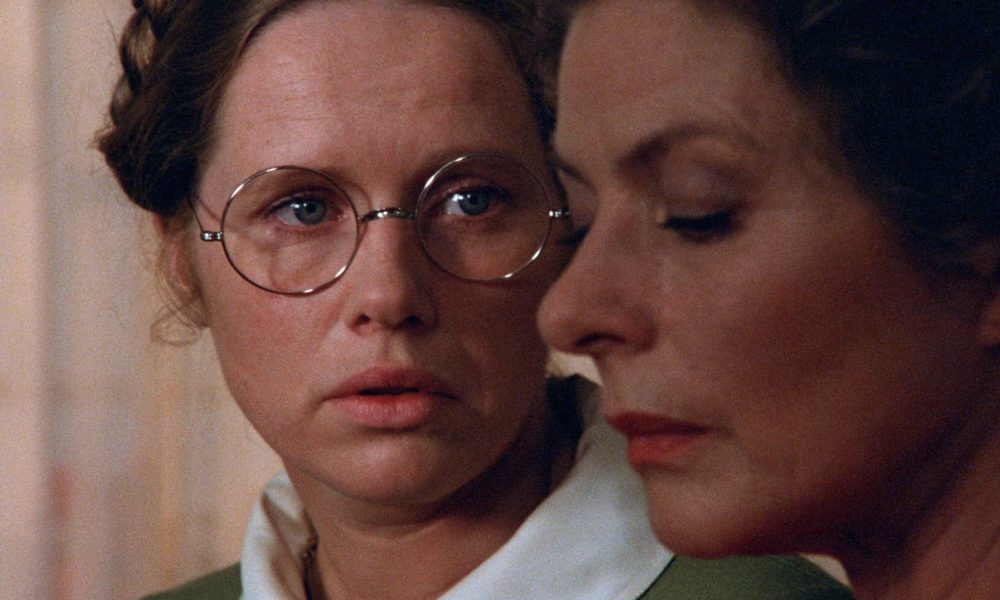Sex and Death in the Cinema of Swedish Director Ingmar Bergman
Ingmar Bergman’s films are renowned for their dark nature, the cold hues of Sven Nykvist’s cinematography and, of course, everyone speaking in Swedish. Sex and its morality, or lack thereof, hangs over his films like a plague. The inner torment and guilt it causes eats away at many of Bergman’s characters. In most films, the guilt consumes the characters whole. As you reflect on his canon of work, it becomes clear that Bergman’s strict, religious upbringing had severe repercussion on his sense of identity and self. One could assert that he began, in earnest, to try and find them in his films through the characters and story themes.

Bergman was the son of a Lutheran minister named Erik. From the Bergman entry on Wikipedia, Bergman “grew up with his older brother Dag and sister Margareta surrounded by religious imagery and discussion. His father was a conservative parish minister with strict ideas of parenting. Ingmar was locked up in dark closets for “infractions”, such as wetting the bed. “While father preached away in the pulpit and the congregation prayed, sang, or listened”, Ingmar wrote in his autobiography Laterna Magica.”
It thus comes as no surprise where the seething undercurrent of pent up emotions in Bergman’s films comes from. Clearly, human emotions were meant to be stifled in the world he grew up in. If we consider that sexuality is the most individualistic of personal expressions, it’s negative usage in Bergman’s films then should come as no surprise. Love, sex, physical contact could only lead to ruination in the mind of the Swedish filmmaker. The Passion of Anna, for example, deals with the dark and destructive forces in human nature which sexual urges can inspire and sparked Bergman’s analyzes of the male/female relationships. The fight for identity comes to the forefront in this film as Liv Ullman’s Anna seeks to get out from the tyranny of her husband, as portrayed by Max von Sydow.

His 1969 film, The Rite, serves as another stark example of Bergman’s search for understanding. In the film, “Actors Thea (Ingrid Thulin), Sebastian (Anders Ek) and Hans (Gunnar Björnstrand) are sequestered in the offices of Judge Abrahamson (Erik Hell), who questions them about the play they have been performing, which has been accused of being obscene. As the judge interviews them separately and together, the three performers work through their considerable psycho-sexual baggage with each other, while collectively laying siege to the sensibilities of their authoritarian interrogator.” Viewing it, one sees the impotence that imprisons every character.
[display-posts posts_per_page=”5″ orderby=”title”]





